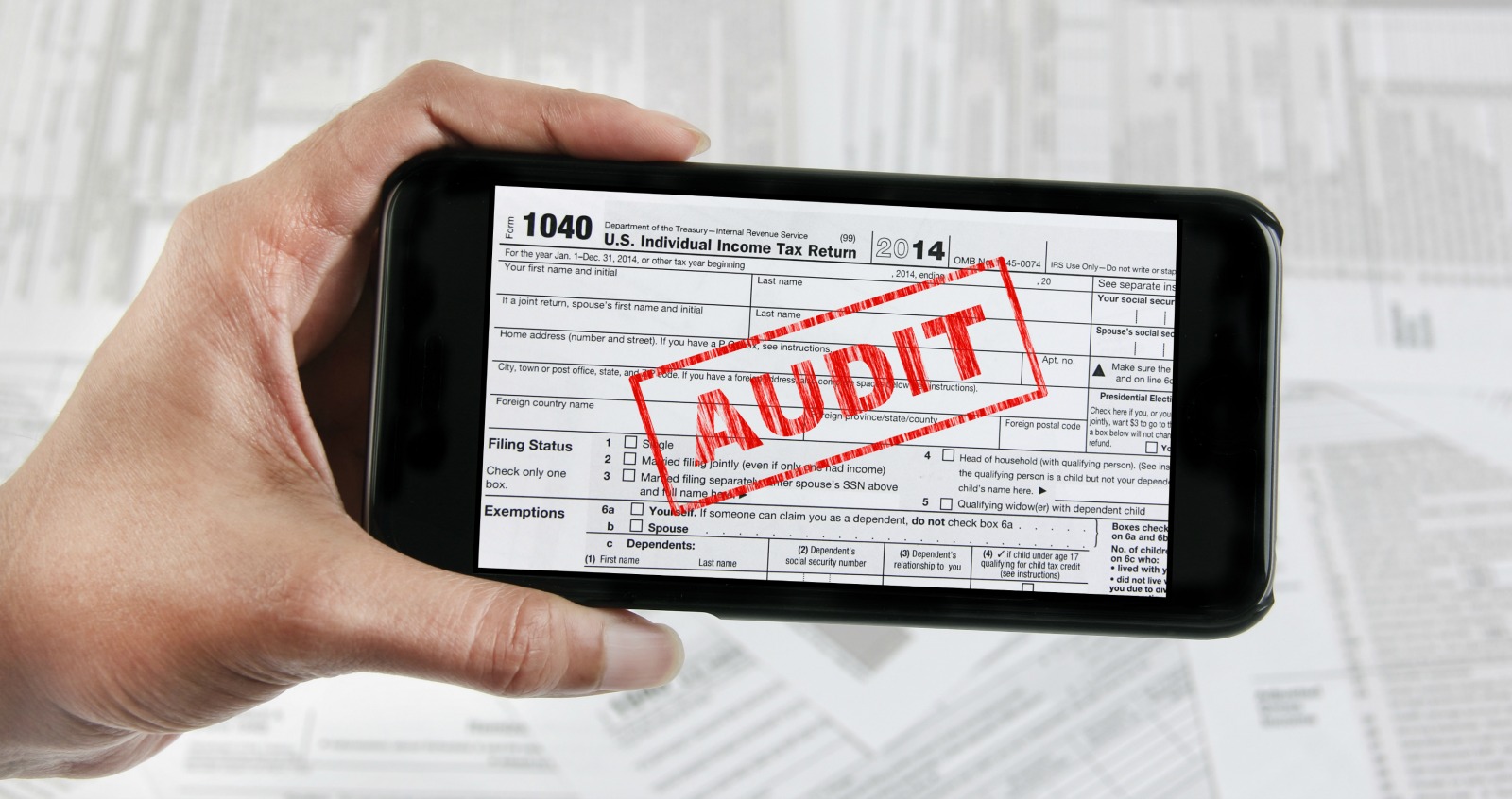Best Ways to Avoid Tax Fraud Scams
You may have received a call (or several) recently from someone claiming to be from the IRS demanding payment and sometimes threatening to involve the police if you don’t comply with their requests for information and money.
I want to be completely clear: the IRS does not call or email in order to address tax issues. If you do have a tax issue, you will receive an official notice from the IRS via mail.
Tax fraud is surging:
With a recent surge in tax fraud throughout the United States, the IRS has issued guidelines to help verify legitimate correspondence from them. In the 2013 Fiscal Year, the IRS initiated approximately 1,492 identity theft investigations, a 66% percent increase from the 2012 Fiscal Year. (View their report.) This number only continues to increase with time.
4 helpful IRS tips to avoid fraud scams:
- If you receive a call from the IRS demanding immediate payment or about taxes owed, this is a fraudulent call. The IRS addresses payment issues through official notices that are mailed to the address associated with the Taxpayer Identification Number. The IRS also does not demand tax payment without giving a taxpayer the opportunity to question or appeal the amount they say you owe; therefore you should never be forced to immediately pay.
- In general, taxing agencies require payment via check. If you are ever told that you are required to use a specific payment method for your taxes (i.e. a prepaid debit card), this is a fraudulent request. The IRS will not ask you to pay via debit or credit card over the phone. If you receive a call asking you to do this, hang up. Do not provide your information.
- Do not believe threats to involve the police or other law-enforcement. These scamming groups are trying anything to get you to succumb. Do not believe these threats and do not respond to these types of calls or emails.
- Do not give any personal information over the phone to someone who calls you. If you ever receive a call regarding your credit card stating that they need your personal information—hang up. Call the number on the back of your credit card and ask if they called you. If you receive these types of calls make sure that you check your credit card statements and be aware of any unknown and potentially fraudulent charges.
What to do if you think you owe money to the IRS:
If you believe that you might owe money to the IRS and get one of these calls, hang up and do not provide your information. Instead, call the IRS directly (1-800-829-1040) and speak to them about your return or case.
Steps to take after receiving a scam call:
After receiving a fraudulent call or email, there are two ways to report the incident, by contacting the Treasury Inspector General for Tax Administration (TIGTA) or the Federal Trade Commission (FTC):
- Contact TIGTA to report the call. Use their “IRS Impersonation Scam Reporting” web page (https://www.treasury.gov/tigta/contact_report_scam.shtml). You can also call 800-366-4484.
- Report it to the Federal Trade Commission. Use the “FTC Complaint Assistant” (https://www.ftccomplaintassistant.gov/#&panel1-1) on FTC.gov. Please add “IRS Telephone Scam” in the notes.
The most important thing is to be wary of anyone calling and claiming to be the IRS.
Share this advice:
We ask you to share this advice with family and friends, especially seniors who are at a higher risk for these types of scams.
